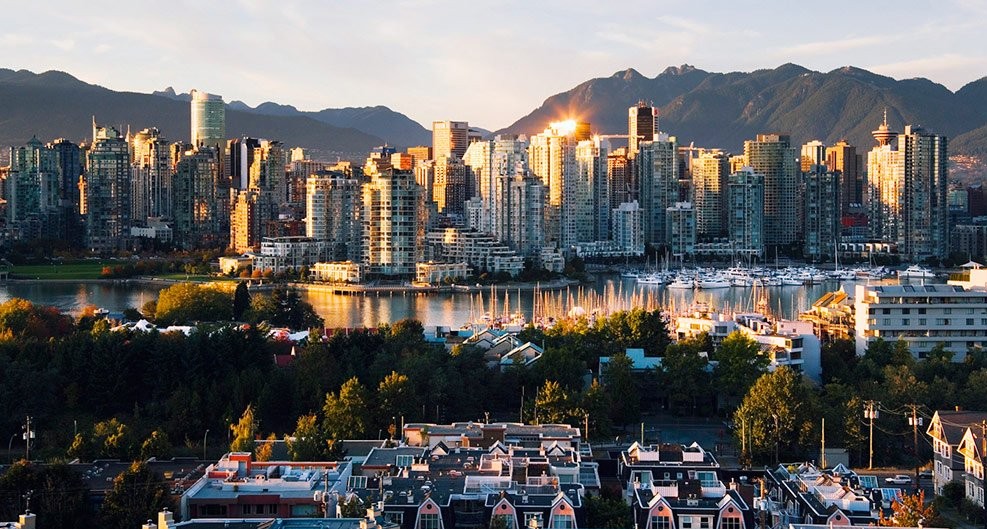In response to the blog by Shauna Theel regarding nuclear energy, I agree with her assessment about nuclear energy and the environmental impacts created. Contrary to popular opinion, nuclear energy is the most environmental source of energy production as far as carbon emissions, proving the energy source is sustainable. Nuclear power has also been responsible for less deaths in the past then coal and fossil fuel related forms of energy. Also contrary to popular opinion, nuclear power has not been expanded due to economic, not environmental reasons. With natural gas being extremely affordable, nuclear development has stalled recently due to the high costs of construction. However, I believe that nuclear power is the future of energy production. For one, nuclear is more sustainable then all other forms of energy because of its low environmental impact, and reliability. Unlike hydro, wind, and solar power, nuclear power is a base load power source. Shauna Theel mentions in her blog post that Nuclear costs are rising while the cost of other energy sources such as Wind and solar are decreasing. While this is true, I believe countries should invest in nuclear generated power for the reasons i listed above. In order for a country to have a strong economy, they need to be energy efficient. While nuclear power is expensive, their is no questioning the reliability of the energy created. Critics will state the risk of a nuclear fallout outweighs the positive of nuclear energy, but yet nuclear energy has been responsible for the least amounts of deaths out of all base load power sources.
Source: http://mediamatters.org/research/2013/11/07/myths-and-facts-about-nuclear-power/196793
Media Source: http://mediamatters.org/research/2013/11/07/myths-and-facts-about-nuclear-power/196793, http://en.wikipedia.org/wiki/Limerick_Generating_Station








